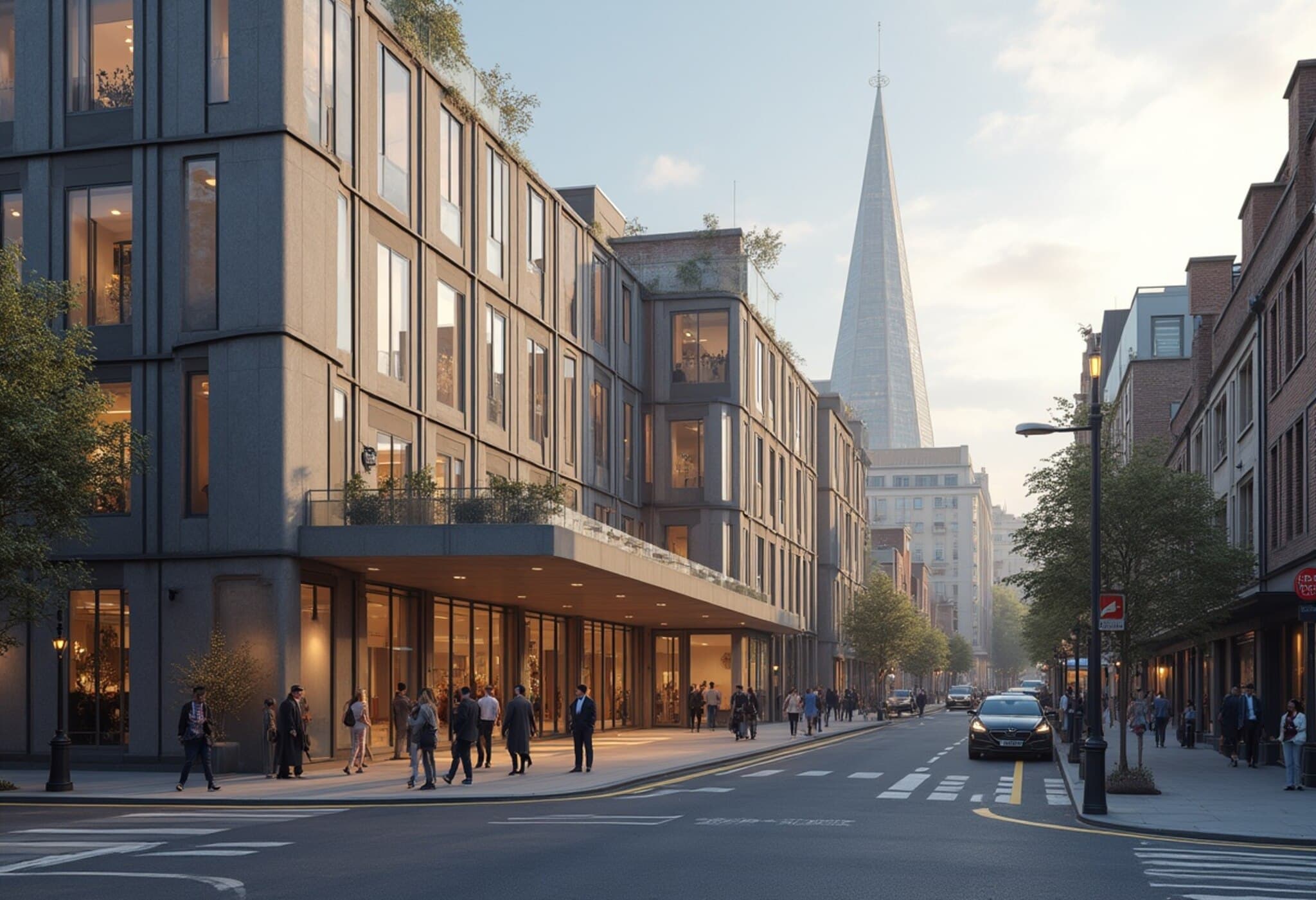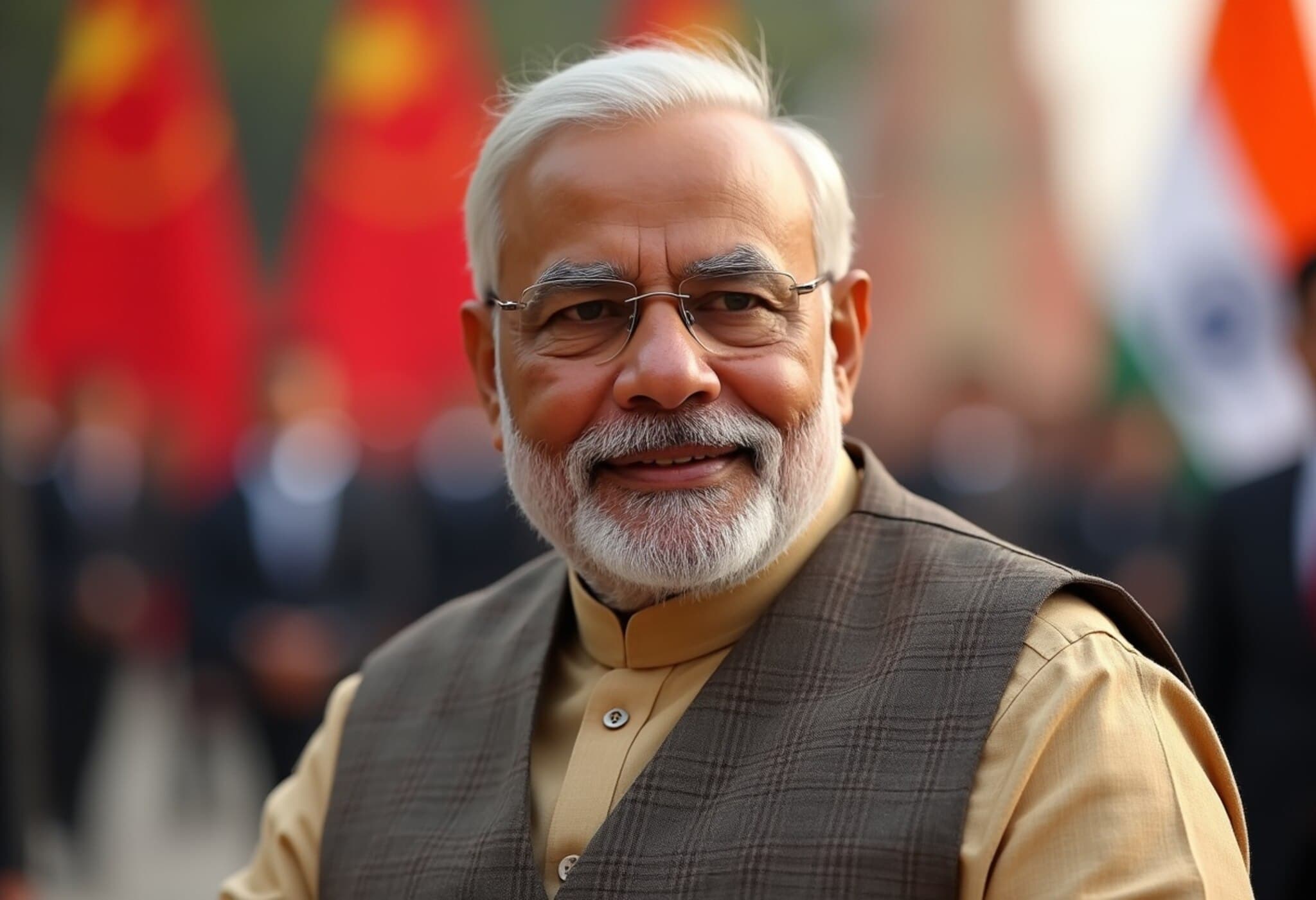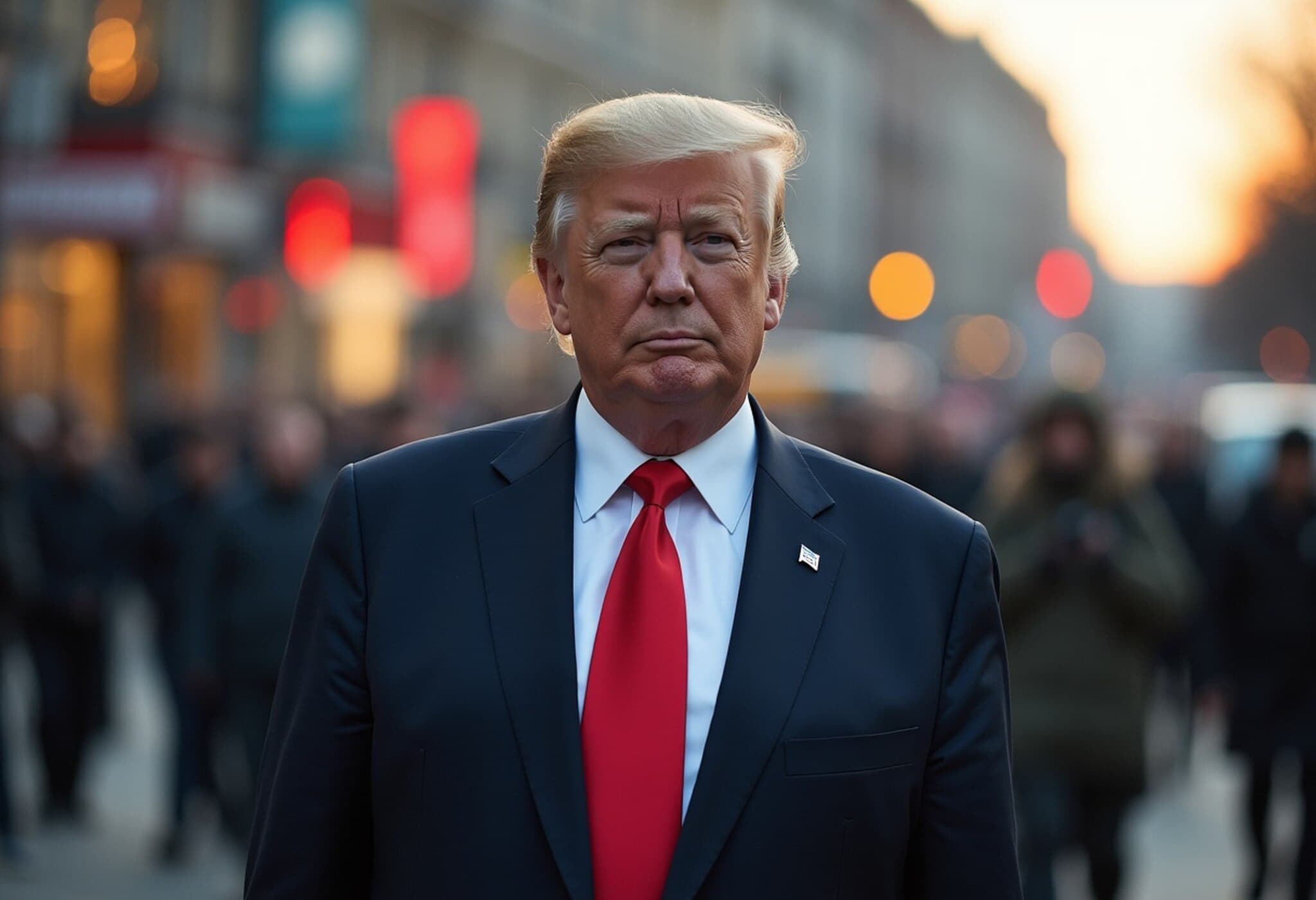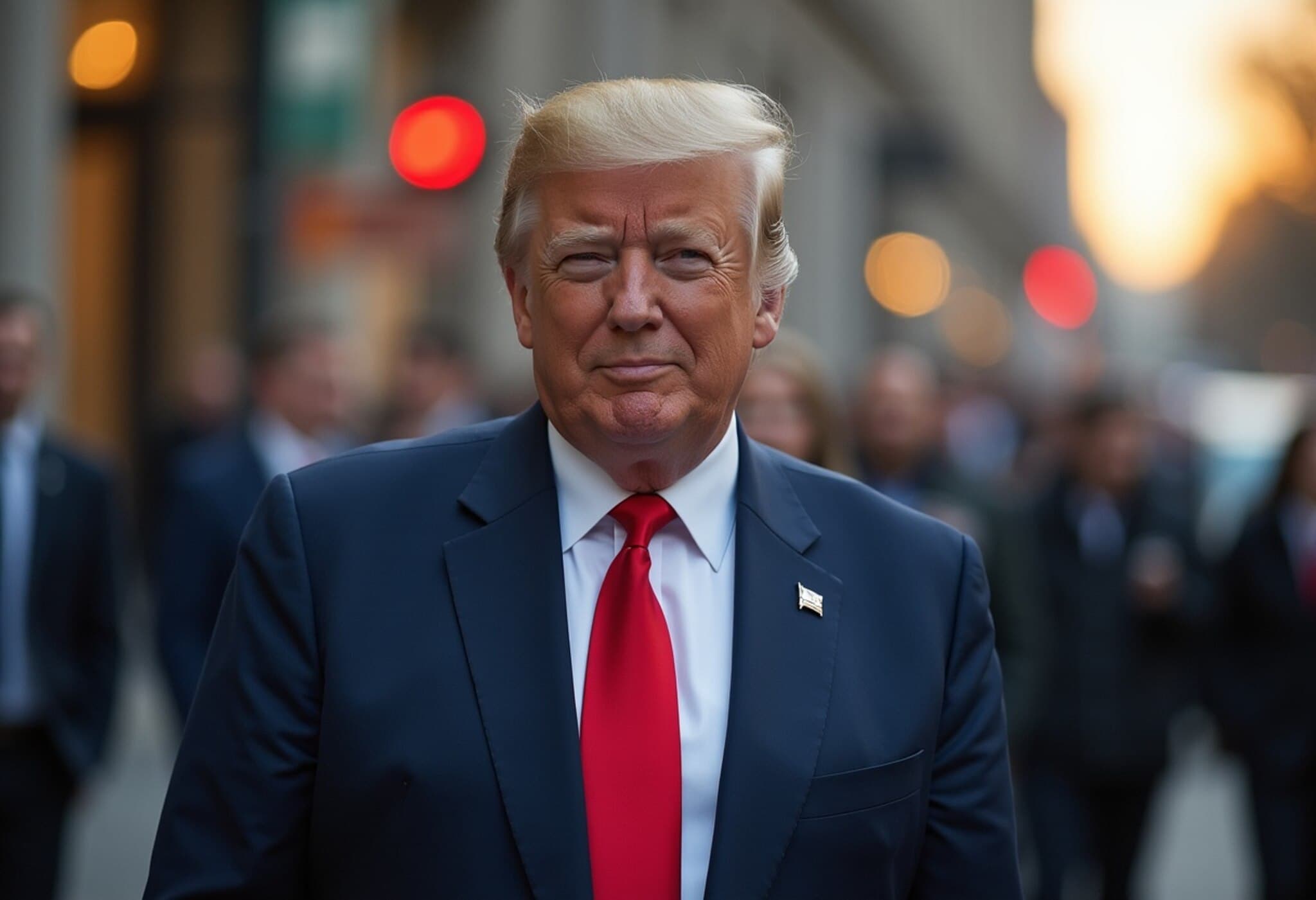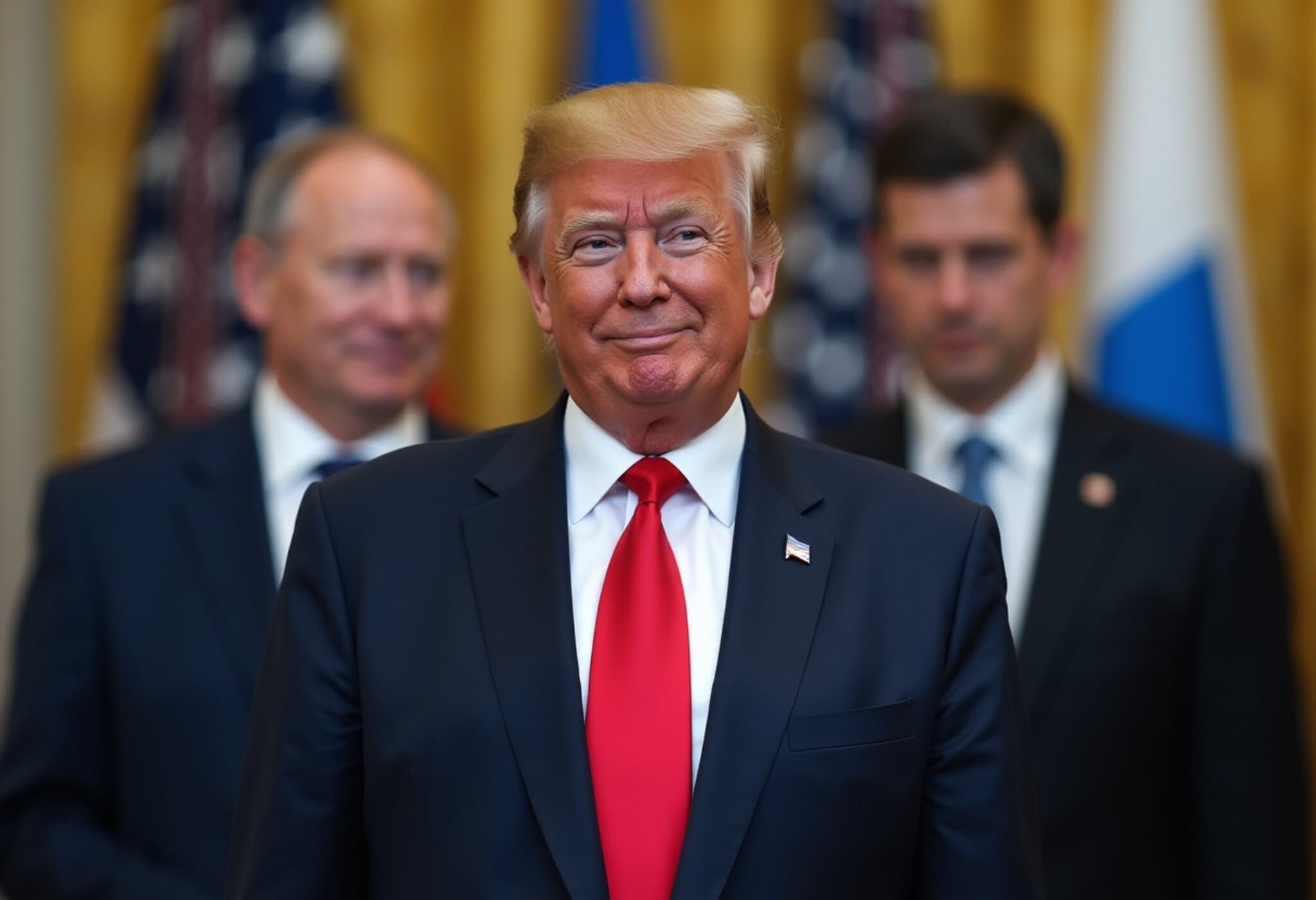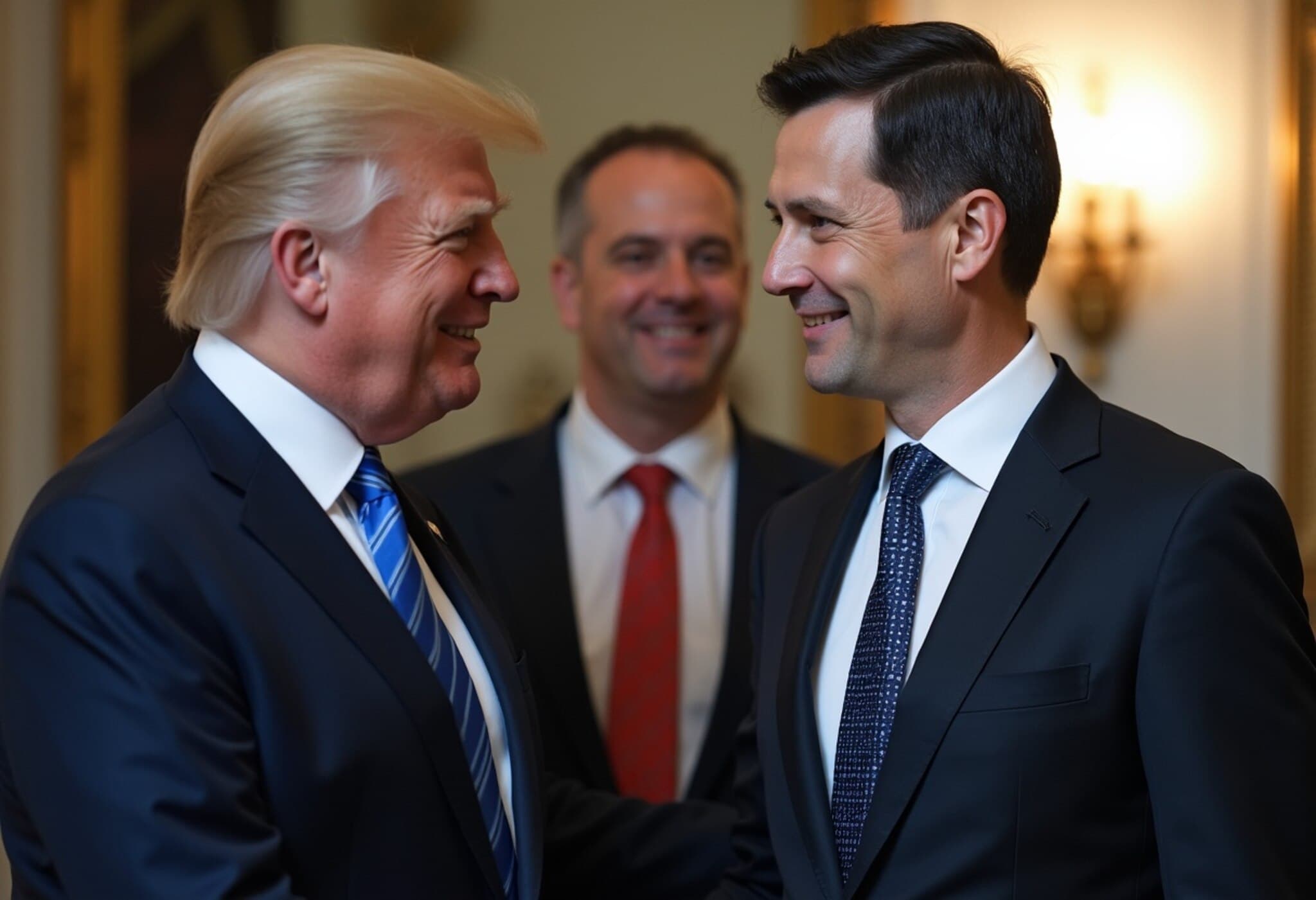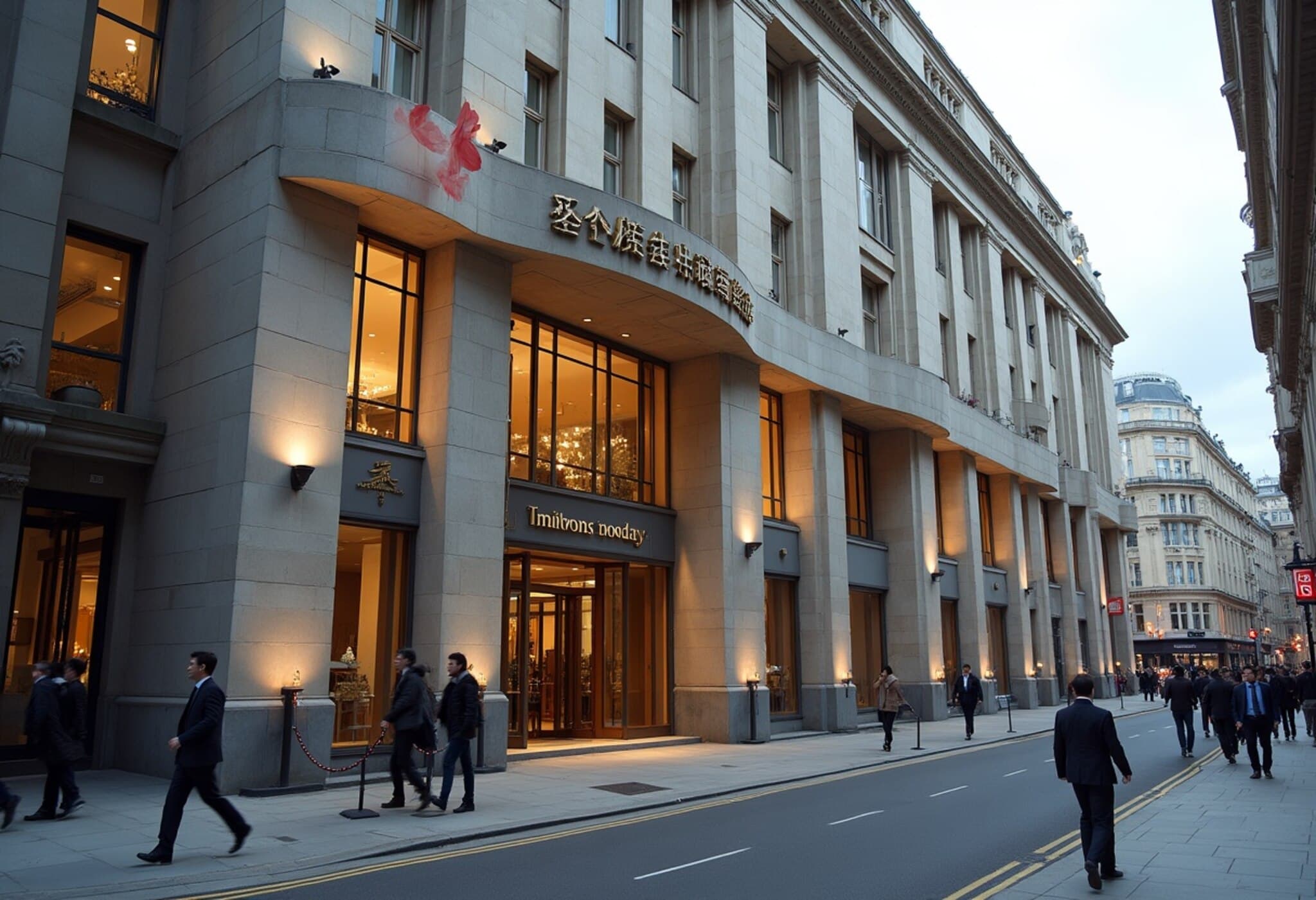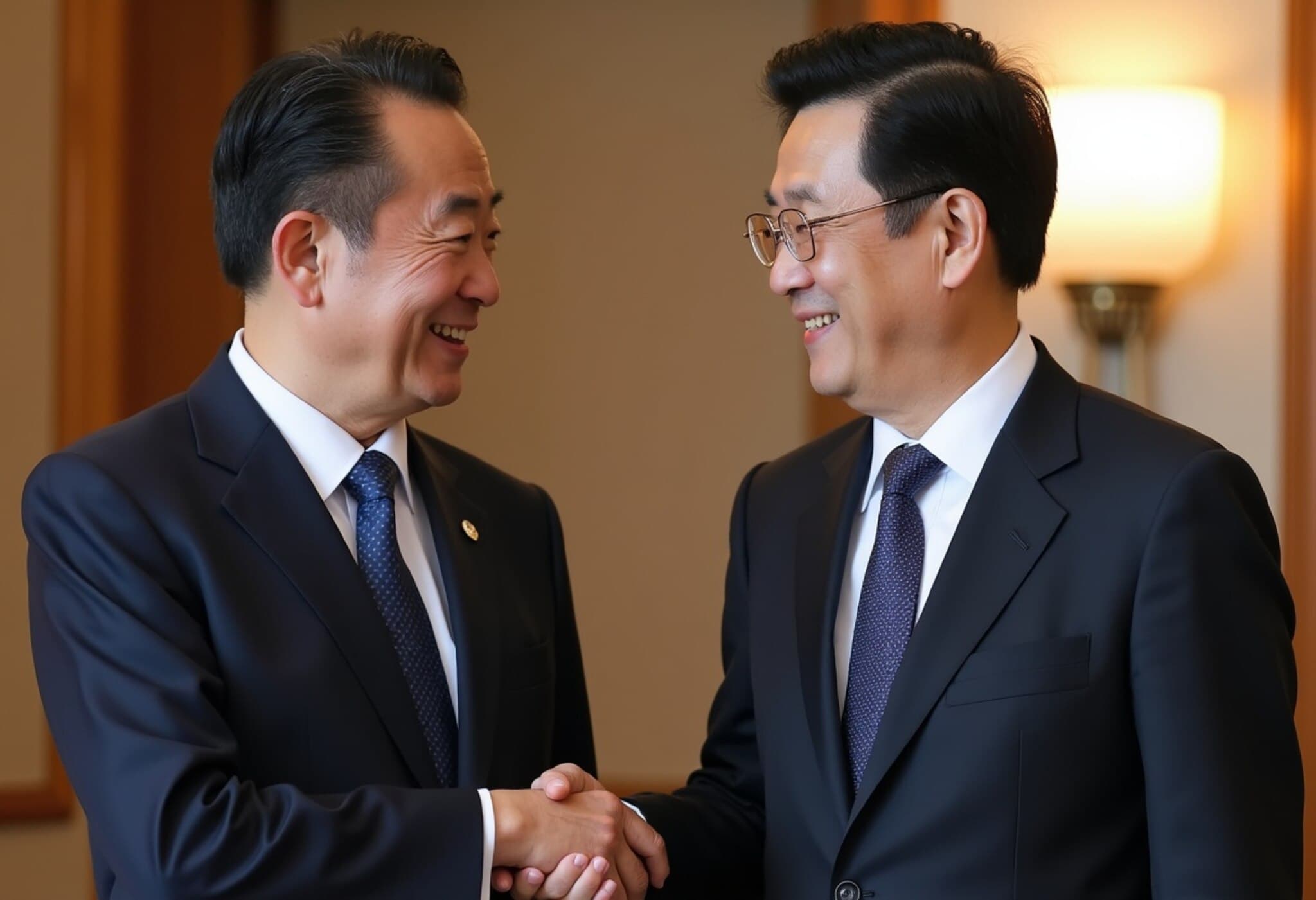UK Government Extends Deadline for Decision on China’s Embassy Plans
In a move that underscores the ongoing tension surrounding China’s diplomatic footprint in London, the UK government announced on August 23, 2025, that it is postponing its ruling on the proposed construction of a new Chinese embassy until October 21. Originally expected by early September, this extension reflects the complexities and concerns over the embassy's design, particularly regarding several blacked-out sections in the submitted plans.
Background: The Embassy Proposal and Community Resistance
The project involves replacing a historic two-century-old building near the Tower of London with what would become Europe's largest Chinese embassy. Initially purchased by the Chinese government in 2018, the site at Royal Mint Court has been at the heart of controversy for years. Local residents, British parliamentarians, and Hong Kong pro-democracy advocates have voiced strong opposition, fearing potential misuse of the facility for intelligence activities.
Security Concerns Amid Diplomatic Ambitions
Echoing concerns from officials in both the UK and the United States, critics warn that the embassy could serve as a hub for espionage, amplifying worries about national security in an era marked by geopolitical rivalry and diplomatic friction. These suspicions have fueled protests and political pressure to scrutinize the project meticulously before granting approval.
The Blacked-Out Plans: A Point of Contention
The controversy primarily hinges on several portions of the architectural plans being redacted or blacked-out, which led UK authorities to demand further clarity. DP9, the consultancy managing the planning application for China, defended their client’s stance by stating that providing complete internal layouts would be inappropriate. In a formal letter, they emphasized that the unredacted parts sufficiently demonstrate the building's main intended uses.
"The Applicant considers the level of detail shown on the unredacted plans is sufficient to identify the main uses," the letter stated. "In these circumstances, we consider it is neither necessary nor appropriate to provide additional more detailed internal layout plans or details."
The British Department of Housing, Communities and Local Government, responsible for the decision, responded by indicating the need for more time to assess the explanations, prompting the delay until October.
Voices From Both Sides
Luke de Pulford, executive director of the Inter-Parliamentary Alliance on China — an influential coalition of politicians wary of China’s growing influence — criticized the Chinese explanations as insufficient. “These explanations are far from satisfactory,” he remarked, dismissing the embassy’s reassurances as essentially “trust me bro” assurances that fail to instill confidence.
Conversely, the Chinese embassy expressed strong dissatisfaction with the UK government’s extended scrutiny. In a statement, they underscored the international commitments that host countries have to support diplomatic missions and urged the UK to approve the plans “without delay.” Earlier this month, they decried allegations of secretive facilities as “despicable slandering.”
Political Implications and Broader Context
This latest development happens in a delicate political landscape. After the local council rejected the embassy plans in 2022, then-Prime Minister Keir Starmer was approached directly by President Xi Jinping to intervene. Following that, the central government took over control of the planning decision — a rare but significant move signaling the embassy’s geopolitical weight.
The case highlights the ongoing challenge democratic countries face in balancing diplomatic treaties, national security, and public sentiment amid growing distrust toward Beijing’s foreign engagements. It also raises broader questions about transparency and accountability in diplomatic constructions worldwide.
What Lies Ahead?
- Will the UK government maintain its cautious approach or opt to approve the embassy amid international pressures?
- How will this decision influence UK-China relations in a period of increasing strategic competition?
- What precedent does this set for other nations grappling with similar security concerns over foreign diplomatic premises?
Editor’s Note
The postponement signals a critical juncture in the UK’s handling of Chinese diplomatic expansion. It invites us to reconsider how urban diplomacy intersects with national security in a world where embassies are more than symbolic; they are strategic assets. The ongoing debate pushes us to question how transparent foreign governments must be when operating on domestic soil, and how much trust is prudent versus naive. As the October deadline approaches, all eyes remain on London, reflecting the broader balancing act between safeguarding sovereignty and honoring global diplomatic norms.

